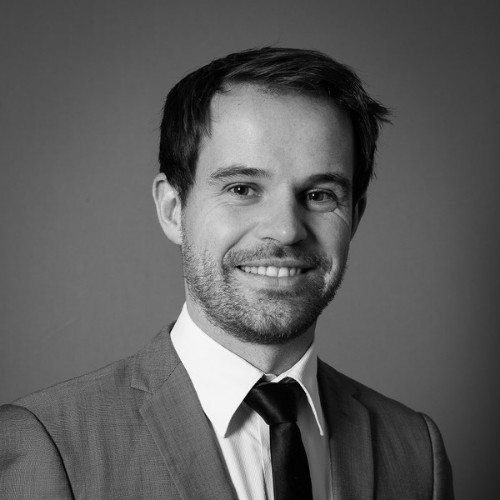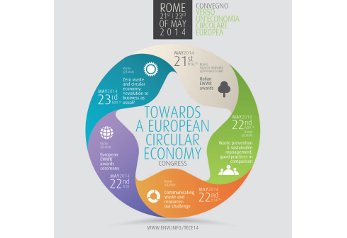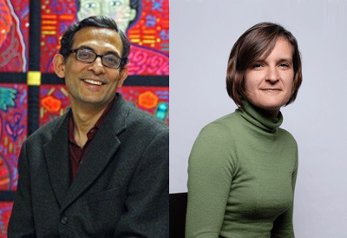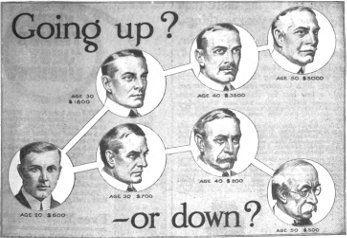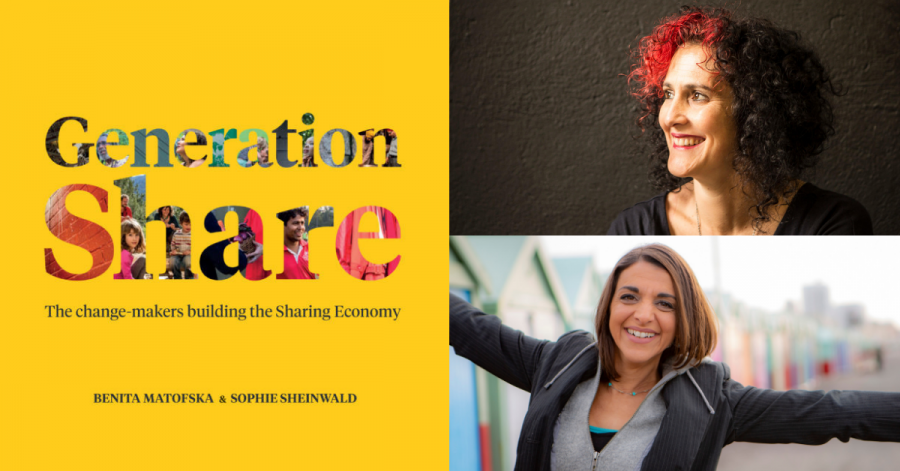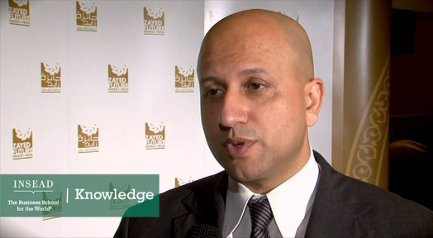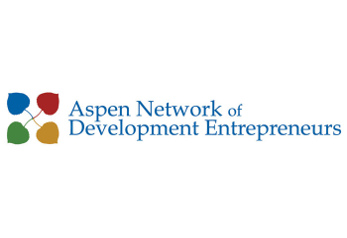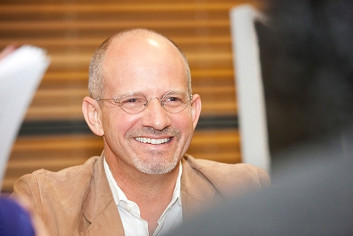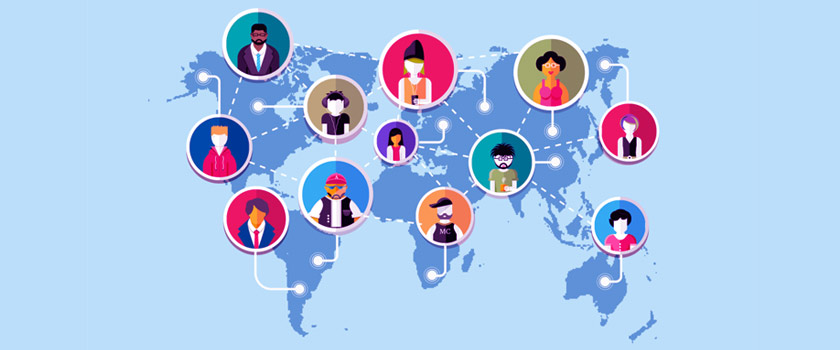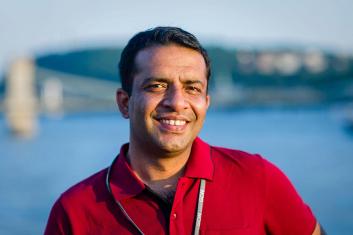
OLBIOS: Is it true that today the corporate world in France and Europe is more concerned to include environmental and social concerns in their planning?
David Laurent: There is no doubt about this, at least on the environmental side – I only work on this aspect. Let’s even say that issues once considered as non-financial, have now become key strategic drivers, climate change probably being the most significant but not the only one. The Covid crisis has shown that our globalised economy is vulnerable to animal-borne diseases which are transmitted from animals to humans more easily in areas where biodiversity has been damaged. The effects of climate change are also more and more visible, wildfires in Australia, in Brazil, California, hurricanes…
Integrating these drivers into decision-making is still a challenge and if many regard France and Europe as leading the way, others countries are also accelerating. USA, China and other major Asian countries have over the last 6 months announced commitments to carbon neutrality, this was clearly not on the table one year ago.
O: Is it only large enterprises that should be concerned with the environmental and social dimension? Do we know how many small and medium companies integrate the same concerns to their core values and practices?
D.L.: Of course not, but large companies have a key role to play. First, since they have the internal capabilities to plan, anticipate and shape the evolution of the economy. Besides, most of them purchase from a wide number of smaller suppliers. Incorporating environmental and social criteria has always been a lever to cascade commitments into the value chain. Some initiatives like the SME climate hub provide tools and knowledge to help them to implement robust carbon neutrality strategy.
O: How is the public, including clients and stakeholders, actually able to determine if a company is really committed to the environment or the common good?
D.L.: This is a tricky question since there is no easy and simple answer. A usual bias is to evaluate companies only through the lens of their economic sectors: companies from high-emitting sector would therefore be considered as bad and the other virtuous. Our current challenge is the transition, the way we move from a world where growth means burning coal and fuels to a fossil-free economy. Performing this assessment is highly complex and independent references are needed. Examples include the science-based target initiative, which validates that corporate climate commitments are consistent with the Paris agreement; in France, ADEME, the Agency for ecological transition has published a list of 100 reliable environmental labels.
O: How can the public, the private and the nonprofit sectors come together to deal with pressing environmental concerns? Is the government’s only role to impose rules and regulations and the only role of NGOs to exert pressure on companies?
D.L.: No one can provide the solution on his own, the challenges we face are far too big! Proactive businesses can demonstrate what is achievable and therefore help governments define effective and ambitious regulations which are the only tools able to bring everybody on board and to create a level playing field which also protect our future. As for NGOs, by conducting investigations and challenging companies, they contribute to maintain a focus on ambition. And when they feel that companies’ targets are ambitious enough, they can even recognize these commitments as is the case in the Act4nature initiative on biodiversity.
What is most important is for governments to create “the national story” as to how the country, all actors together including businesses, other public institutions and consumers, can transform their ways of life and adopt solutions proposed by business. The third role of the public sector is social justice: no-one should be excluded from transition because they cannot afford it.
O: Many companies now bring academic experts on board as advisors when major decisions need to be taken. What are your thoughts on this and can you tell us more about the example of the ‘critical friends’ at Veolia?
D.L.: The world has grown in complexity with the dramatic development of technologies but also with the concept of planetary boundaries, therefore scientific results help companies to navigate. Science is not always enough, that is why some companies also include other stakeholders in these committees, such as environmental NGOs or youths. This increased diversity enables a better range of points of view. Companies will then be more conscious of the acceptance level of their options, while the credibility of these choices might be increased when they are backed by external stakeholders. Some companies are even thinking of applying these thinking to their board. As for the “critical friends” of Veolia, this is a panel of stakeholders. For some decisions, the board might ask them their opinion, as they did regarding the coal-powered heat networks in Poland. In the end, they suggested no to sell them but to keep them within Veolia assets and to define a transition plan, a strategy that was then approved by the board.
David Laurent is the Head of Climate & Resources department at the French business association EpE (Entreprises pour l’Environnement / Companies for Environment)


